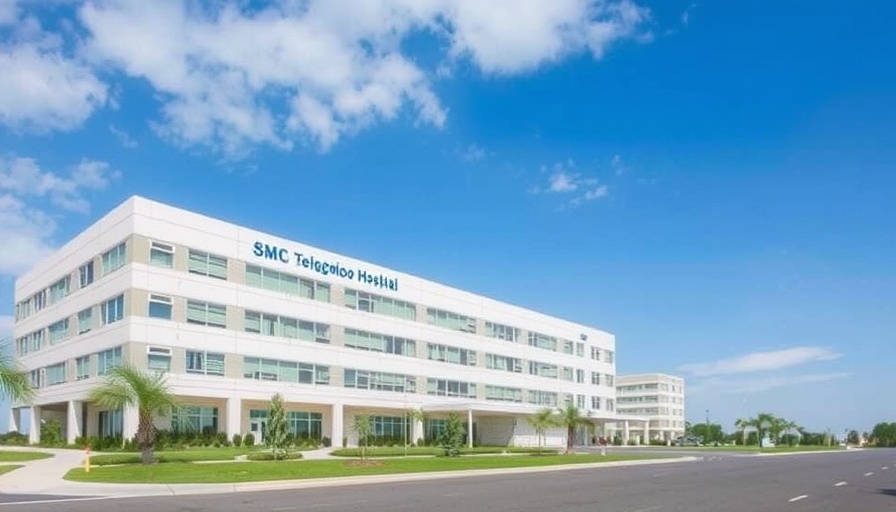
Transforming Healthcare: The Journey of SMC Telogorejo Hospital
In a remarkable journey of digital evolution, Semarang Medical Center (SMC) Telogorejo Hospital in Central Java, Indonesia, has garnered a stellar 4.9-star rating on Google reviews, signaling a significant enhancement in patient satisfaction. This achievement is underscored by the hospital's validation for Stage 6 of the HIMSS Electronic Medical Record Adoption Model (EMRAM), reflecting its advanced capabilities in managing Electronic Medical Records (EMR) and improving overall patient care.
The Digital Push: From App to EMR Integration
The hospital embarked on its digital transformation in 2017 with the launch of the MySMC mobile application, designed to streamline access to hospital services. This initiative provided patients with health-related information and fostered better communication between the hospital and its clients. Just two years later, in 2019, the introduction of an EMR system amalgamated patient data, including medical histories, laboratory tests, and treatment records into one comprehensive platform.
Following the onset of the global pandemic, Dr. Alice Sutedjo Lisa, the hospital's CEO, emphasized a renewed focus on utilizing technology to enhance service delivery. “The constraints of space and time pushed us to innovate,” she shared. The introduction of teleconsultations and a 24/7 multichannel contact center, complete with a virtual chatbot, allowed the hospital to meet the soaring demand for healthcare services.
Streamlining Operations: Online Solutions and AI Integration
Impressive strides continued into 2020 with the addition of online reservations, payments, and digital queue monitoring via the MySMC app, which effectively minimized patient wait times. This innovation was crucial, as it not only improved efficiency but also lessened the requirement for physical waiting areas—a significant advantage during pandemic constraints.
By 2021, the integration of AI and big data analytics further refined the hospital's operations. Internet of Things (IoT) medical devices were connected to the hospital's Health Information System (HIS), fostering the development of a clinical decision-support system, which enhanced medicinal processes and real-time monitoring of vital signs.
Future Proofing: Adapting to National Standards
In an impressive display of adaptability, SMC Telogorejo began linking its MySMC app database with Indonesia's national health database in 2023, aligning with state regulations and showcasing a commitment to follow global EMR standards. Subscription to top-tier clinical support resources such as UpToDate and Lexicomp has empowered healthcare providers to deliver instant, evidence-based care.
What This Means for the Future of Healthcare
As digital health technologies continue to evolve, hospitals like SMC Telogorejo are examples of how embracing innovation can yield tangible improvements in patient care and satisfaction. This transition not only aligns healthcare practices with global standards but also sets a precedent for other institutions to follow. With healthcare increasingly becoming intertwined with technology, fostering a culture of innovation will be vital. It prompts a pertinent question: how will other institutions leverage digital resources to enhance operational and clinical efficiency? The answers could very well shape healthcare delivery in Indonesia and beyond.
Call to Action: Embrace Digital Transformation
The progress made by SMC Telogorejo Hospital illustrates the profound impact that digital solutions can have on patient satisfaction and overall healthcare delivery. As leaders in health tech and business, it's crucial to consider how your organization can implement similar innovations. Explore actionable strategies that can help enhance patient engagement, streamline operations, and ultimately drive improved outcomes.
 Add Row
Add Row  Add
Add 




 Add Row
Add Row  Add
Add 

Write A Comment